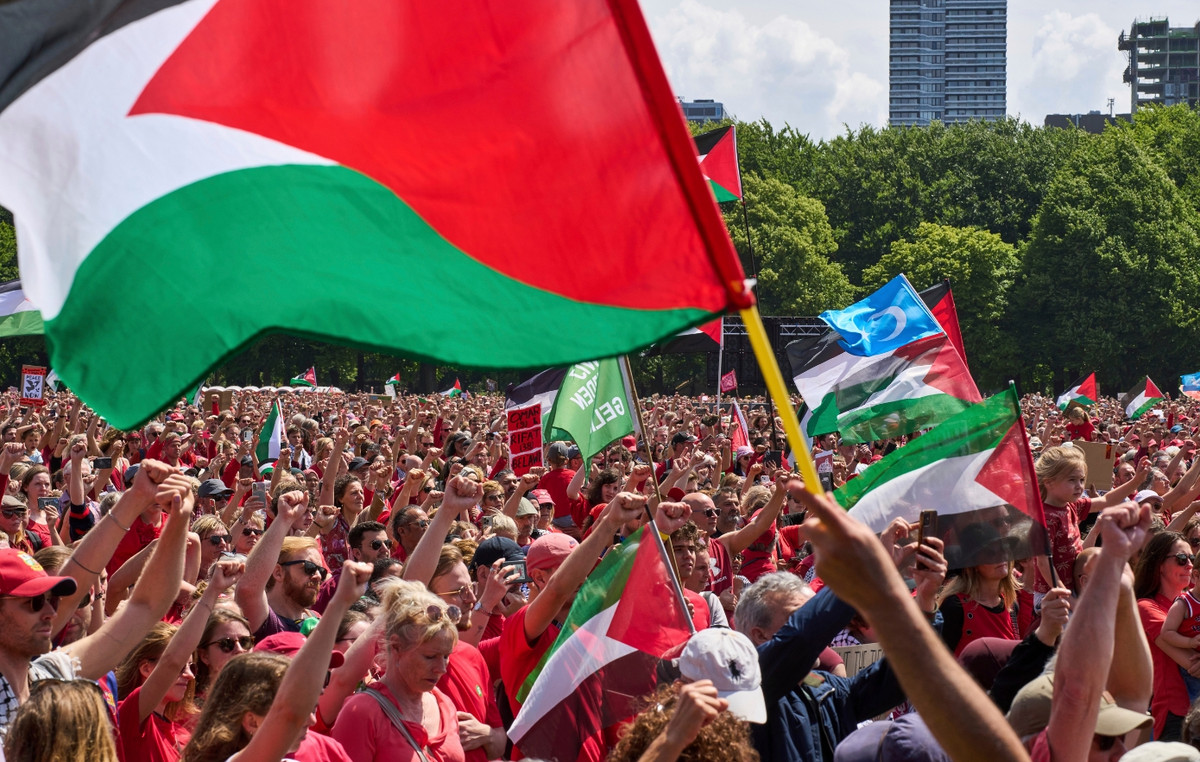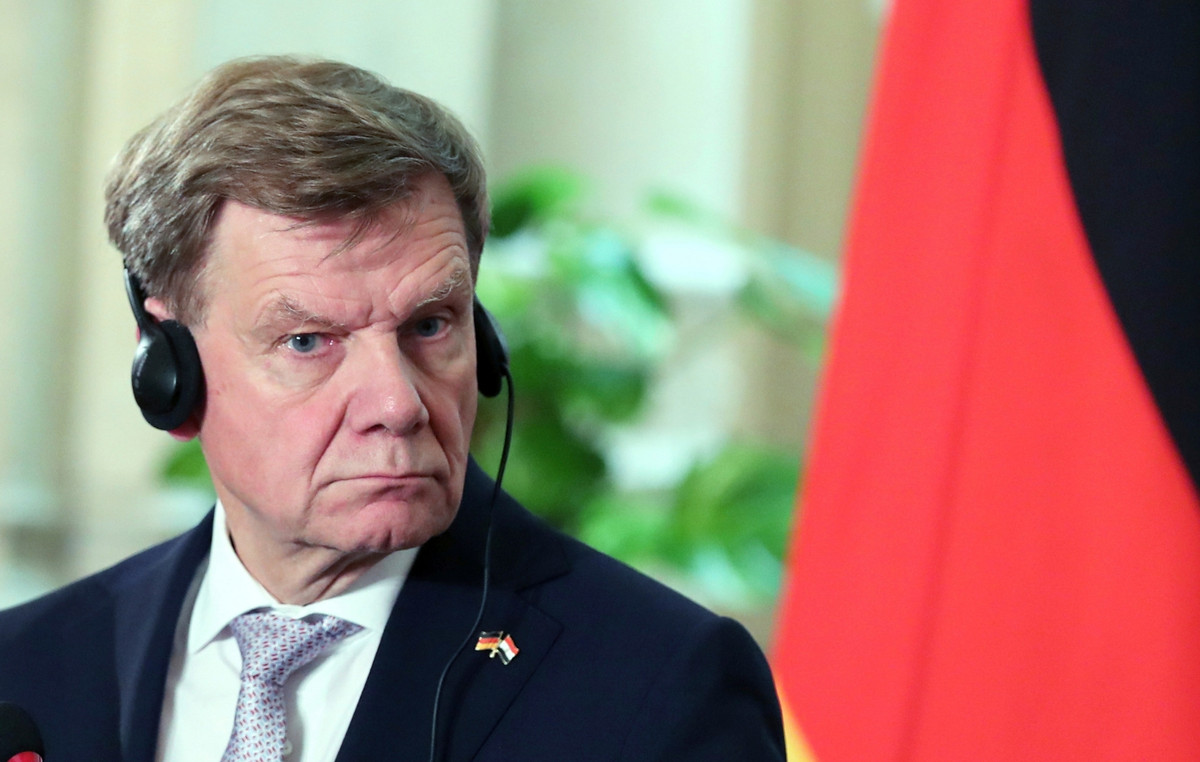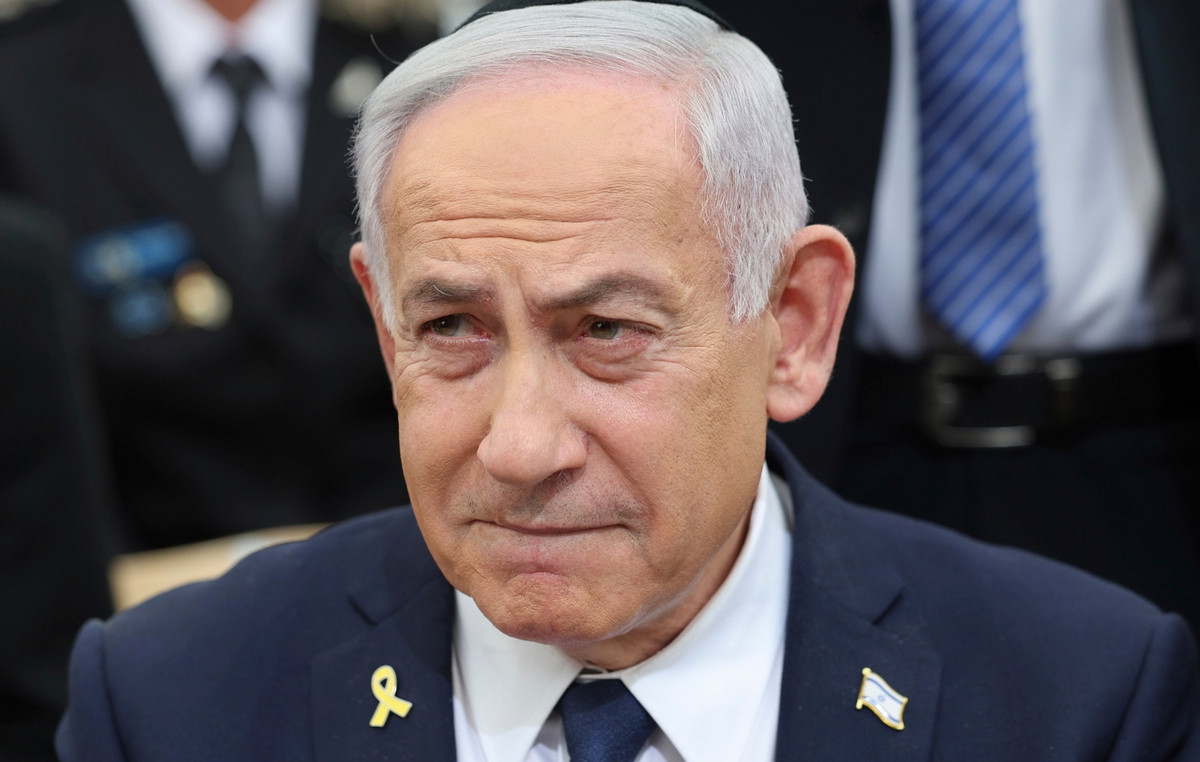Amid the escalation of the conflict between Israel and Hamas, Norwegian Foreign Minister Anniken Huitfeldt stated that Brazil has the potential to stand out as a leader for peace and conciliation.
“We have this in common: the ability to find joint solutions, even in spaces that are very divided. The Security Council is very divided now, but I believe that Brazil can play this constructive role, because you talk to all parties. It is precisely in extremely difficult situations like this that we need Brazil,” Huitfeldt told CNN visiting Brazil for meetings with the government and civil society.
Currently, Brazil presides over the United Nations Security Council. Ambassador Sérgio Danese, who heads Brazil’s representation at the UN, called the body’s first meeting shortly after the start of hostilities. The meeting was held behind closed doors and did not produce a document with determinations. In a briefing to journalists, Itamaraty clarified that Danese continues to consult with the other members of the Council to continue negotiations.
The minister explained the principles used by Norway to act as a facilitator of sensitive negotiations. She explained, for example, that her country is in contact with Hamas to condemn the attacks and work for the release of prisoners and hostages.
“We expressed to them our condemnation in the most emphatic terms, repudiating these attacks and reinforcing that civilians and hostages need to be released. That was our message to Hamas, to end the attacks and violence. We support Israel’s right to defend itself, but civilians must be protected on both sides. Maintaining humanitarian assistance is absolutely crucial”, explained the minister, in an exclusive interview with CNN .
In addition to the ceasefire and release of hostages, Norway argues that the priorities are to prevent the conflict from spreading to the West Bank and ensure that humanitarian assistance reaches those who need it. “I spoke to several foreign ministers in the region in recent days. I believe we need to avoid escalating the conflict and then strengthen the Palestinian Authority. If they are not able to deliver resources to people, I fear this conflict could spread further,” he explains.
A history of peace negotiations
Norway has a tradition of working for peace and reconciliation. The country has participated in the most diverse stages of negotiations between Israelis and Palestinians for decades. The Oslo Accords, for example, are a stage completed in 1993, signed by the then Prime Minister of Israel, Ithzak Rabin, and the main negotiator of the Palestine Liberation Organization, Mahmoud Abbas. In the treaty, Israel recognizes the PLO as the representative of the Palestinians, while the PLO renounced violence and recognized Israel’s right to peaceful existence.
Despite the agreement, the conflict intensified in the following decades and the scenario changed dramatically. Still, Norway defends the strategy of talking to all sides. “In Libya, for example, there would be no progress if we did not have contact with representatives of the Gaddafi family. At the same time that we talked to them, we were also part of the coalition. Being a small and impartial country, the parties understand that we will not pressure them and this allows us to act as facilitators. We take the political risk of talking to all sides, even those that would probably be objectionable.”
Huitfeldt also responded to the reflection on the challenges for a peace process. “Israel is different now. Palestine is also different. There have been no elections in Palestine for a long time and the political field in Israel that advocates peace has also been shrinking. The politics of polarization is something we have seen not only in these two countries, but in many other places in recent years. This makes things even more serious. It takes political will to get involved in peace negotiations. It takes courage to make commitments.”
Despite the challenges, Norway still hopes that a peace process is possible in the region. The formation of new coalitions within Israel opens up an opportunity for more constructive stances. The normalization of relations with Saudi Arabia also paves the way for the country to have hope about the negotiations.
Source: CNN Brasil
Bruce Belcher is a seasoned author with over 5 years of experience in world news. He writes for online news websites and provides in-depth analysis on the world stock market. Bruce is known for his insightful perspectives and commitment to keeping the public informed.







